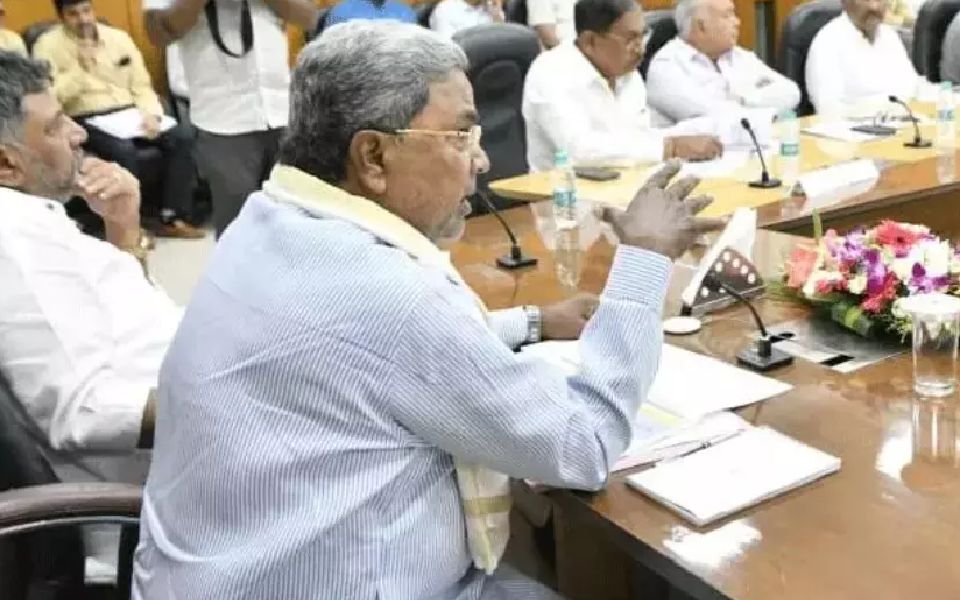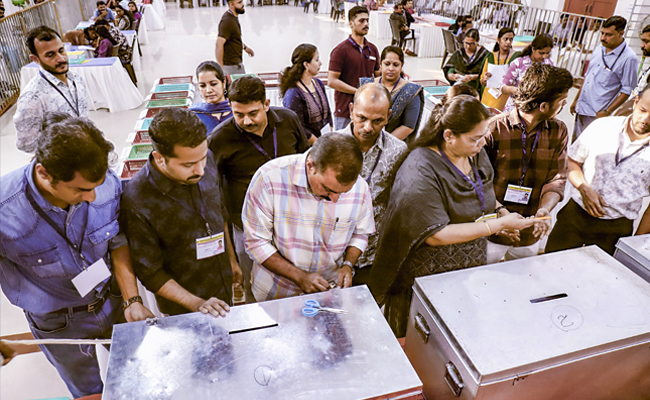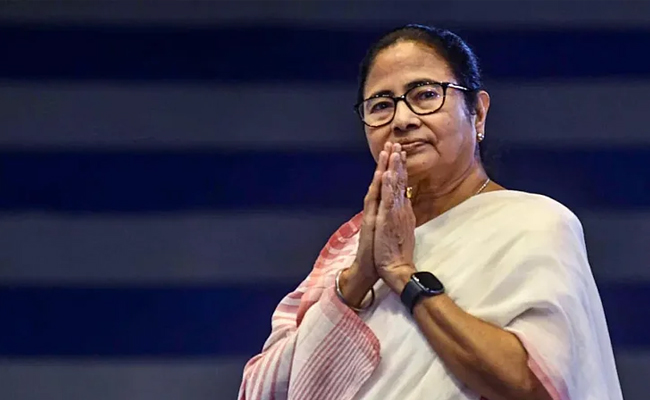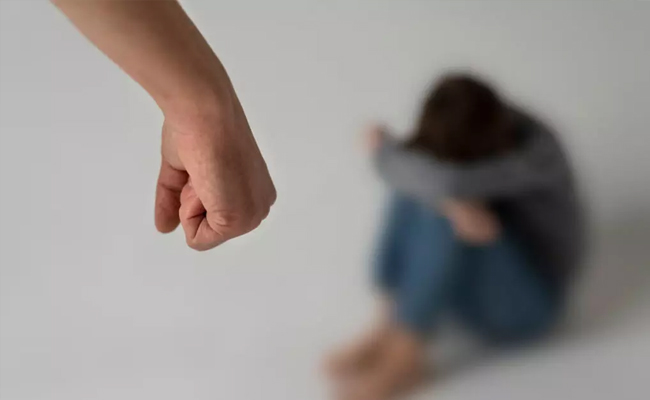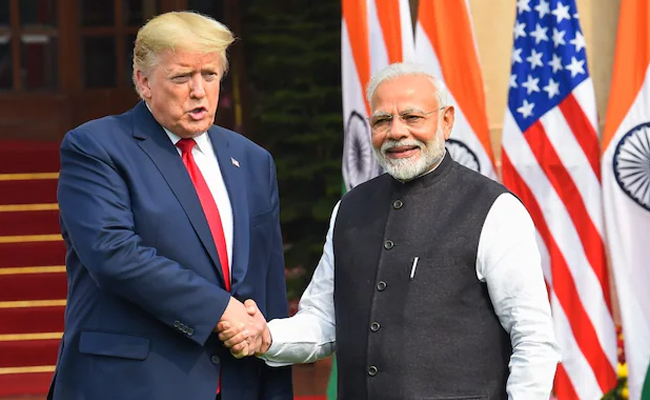Bengaluru, Nov 22: Taking a dig at Prime Minister Narendra Modi, Karnataka Chief Minister Siddaramaiah on Wednesday said he should answer as to why malnutrition is allegedly increasing in his home state of Gujarat and India.
He said those who praised Gujarat as a model should respond as to why the malnutrition index was increasing in the PM's home state.
"Those who praised Gujarat as a model should answer why the malnutrition index is increasing in Gujarat and in the country," Siddaramaiah said. "Can this become a model for the whole country?"
He was speaking after inaugurating the state government's ambitious public health programme, "Anemia Mukta Poushtika Karnataka".
The Chief Minister stressed that without eradicating poverty and illiteracy, everyone will not get good health.
"Our government's aim is to reach health benefits to everyone's doorstep," he said, adding that the government is ready to provide the required funds for it.
The Chief Minister called upon Women and Child Welfare Minister Laxmi Hebbalkar and Health Minister Dinesh Gundu Rao to work together to fulfill the aim of the government and to "keep the children and everyone of our state very healthy".
Rao said that people do not have clear information about anemia and that they are not concerned about it.
"Anemia starts when hemoglobin decreases. The main reason for this is lack of nutrition. Hemoglobin decreases due to iron deficiency. This reduces our physical and mental development. Due to fatigue, human energy is reduced," he said.
The Minister said the government is determined to make Karnataka anemia-free. Anemia reduces cognitive ability and affects children's education. "Over time, we will create awareness and prevent it," he said.
Provision of necessary treatment and drugs by the Health Department will be ensured to those affected by anemia, Rao said. Besides, free anemia screening will be organised for school children in December, he said.
Screening of children below five years will be carried out by April and action will be taken to provide nutritious food in Anganwadis. "This is why milk and eggs are distributed".
According to the state's Health Department, India is one among the countries with anemia as a serious public health concern even today. Recent data as per National Family Health Survey-5 shows that in Karnataka anemia affects 47.8 per cent of women in the reproductive age group (15-49 years) and 45.7 per cent of pregnant women.
Among children of age 6-59 months, it is 65.5 per cent, among adolescent girls (15-19 years) 49.4 per cent, adolescent boys (15-19 years) 26.5 per cent and men aged (15 to 49 years) 19.6 per cent.
The key objective of the 'Anemia Muktha Poushtika Karnataka' programme will be to improve the nutritional status of mothers and children through interventions that take a "Life Cycle" approach. It also aims to improve service delivery by leveraging new technologies and behavioural change strategy.
Under this programme, the state government aims to reach 52 lakh children of age 6-59 months, 58 lakh children between 5-9 years, 127 lakh adolescents of age 10-19 years, 12 lakh pregnant women, 11 lakh lactating mothers and 133 lakh women in reproductive age group (20-49 years excluding pregnant women and lactating mothers) through the planned six pillars of activities which include mass screening for anemia and malnutrition, strengthen tracking and monitoring system, take home ration and diet, and counseling services.
Let the Truth be known. If you read VB and like VB, please be a VB Supporter and Help us deliver the Truth to one and all.
Thiruvananthapuram (PTI): Buoyed by the strong performance of the Congress-led UDF in the local body polls, KPCC president Sunny Joseph said on Saturday that the front's results indicated the people had rejected the LDF government.
According to early trends, the UDF was leading in more grama panchayats, block panchayats, municipalities and corporations than the LDF.
The local body polls were held in two phases in the state earlier this week.
ALSO READ: Cong candidate who moved Kerala HC for name reinstatement in voter list, wins
Speaking to reporters here, Joseph said the people of Kerala had extended their support to the UDF.
"We could expose the LDF government’s anti-people stance and the people understood it. The LDF’s fake propaganda was rejected by the people. The UDF is moving towards a historic victory," he said.
He said a united effort, proper preparations, good candidate selection and hard work had resulted in the Congress and the UDF’s victory in the elections.
Asked about the prospects in the Thiruvananthapuram Corporation, Joseph said the party was studying the matter and would comment later.
LDF convenor T P Ramakrishnan said the results would be closely examined.
According to him, the government had done everything possible for the people.
"Why such a verdict happened will be examined at the micro level. People’s opinion will be considered and further steps will be taken," he said.
He added that decisions would be taken after analysing the results. "If any corrective measures are required, we will initiate them and move forward," he said.
AICC leader K C Venugopal said the results showed that people had begun ousting those who, he alleged, were responsible for the loss of gold at Lord Ayyappa’s temple.
"This trend will continue in the Assembly elections as well. It is an indication that the people are ready to bring down the LDF government," he said.
Venugopal said the UDF had registered victories even in CPI(M) and LDF strongholds.
"I congratulate all UDF workers for their hard work. Congress workers and leaders worked unitedly," he said.
Referring to remarks made by Chief Minister Pinarayi Vijayan against the Congress on polling day, Venugopal said the voters had responded through the verdict.
"I do not know whether the chief minister understands that the people are against him. Otherwise, he does not know the sentiment of the people. The state government cannot move an inch further," he said.
He said the results indicated a strong comeback for the UDF in Kerala.
Asked whether the Sabarimala gold loss issue had affected the LDF in the local polls, Venugopal said the CM and the CPI(M) state secretary did not take the issue seriously.
"We took a strong stand on the matter. The BJP played a foul game in it," he alleged.
On the BJP's role in the local body elections, Venugopal alleged that the party operated with the CPI(M) 's tacit support.
"The CPI(M) supported the central government on issues such as PM-SHRI, labour codes and corruption in national highway construction. The CPI(M) is facing ideological decline, and the state government’s policies are against the party’s own decisions," he said.
Meanwhile, LDF ally Kerala Congress (M) leader Jose K Mani said the party could not win all the wards it had expected in the elections.
He congratulated winners from all parties and said the party would closely examine the losses and identify shortcomings. "Later, we will take corrective measures," he added.
Senior Congress leader and MP Rajmohan Unnithan said the trends in the local body elections indicated that the UDF would return to power in the 2026 Assembly elections.
"We will win 111 seats as in 1977 and return to power in 2026. The anti-government sentiment of the people is reflected in the elections," he said.
Unnithan said the people were disturbed and unhappy with the present government.
"The trend indicates the end of the LDF government," he added.
CPI(M) MLA M M Mani said the people had shown ingratitude towards the LDF despite benefiting from welfare schemes.
"After receiving all welfare schemes and living comfortably, people voted against us due to some temporary sentiments. Is that not ingratitude," he asked.
Mani said no such welfare initiatives had taken place in Kerala earlier.
"People are receiving pensions and have enough to eat. Even after getting all this, they voted against us. This is what can be called ingratitude," he said.
Muslim League state president Panakkad Sayyid Sadiq Ali Shihab Thangal said the results were beyond expectations.
"The outcome points towards the Secretariat in Thiruvananthapuram, indicating that a change of government is imminent. We are going to win the Assembly election," he said.

